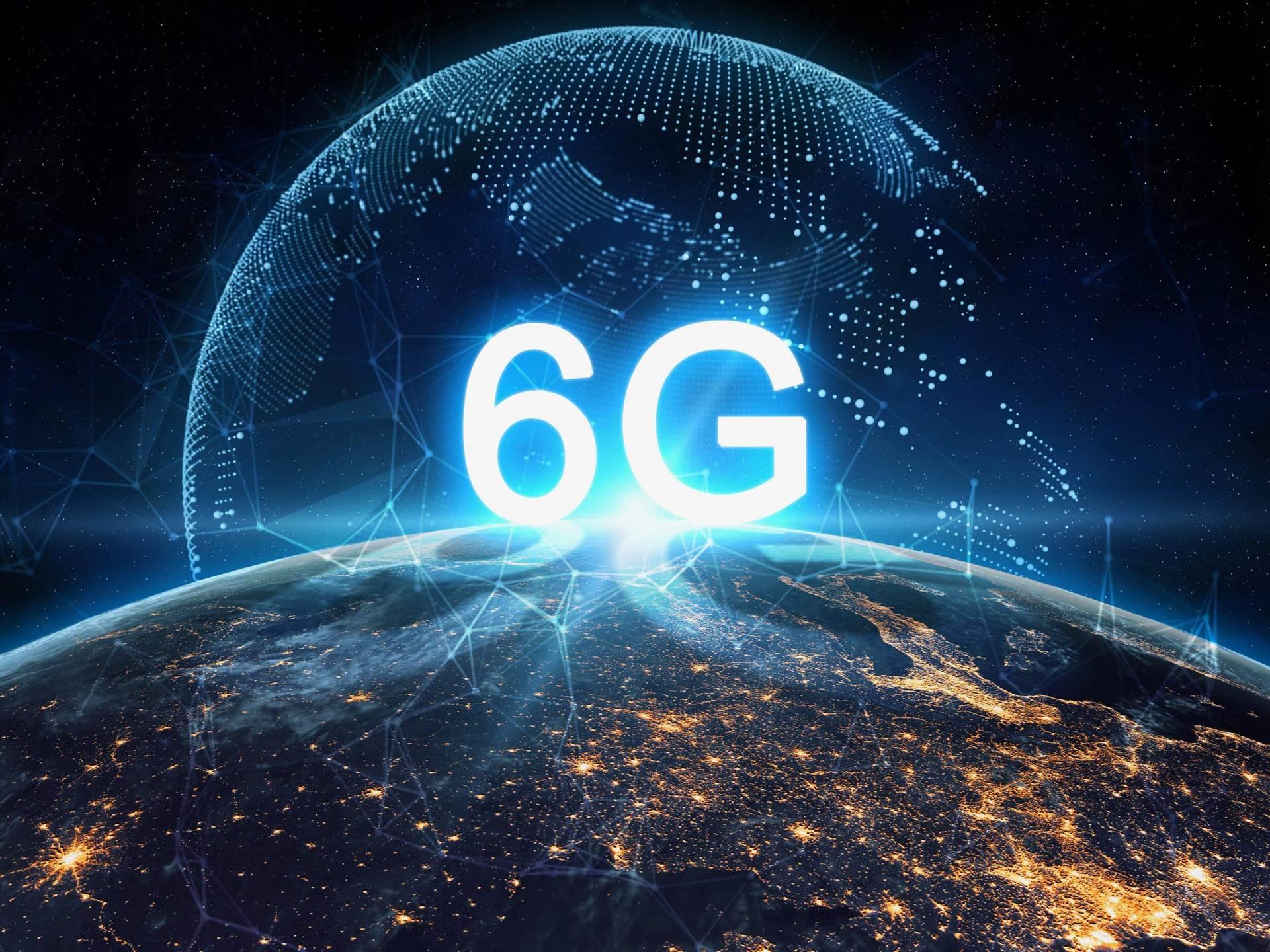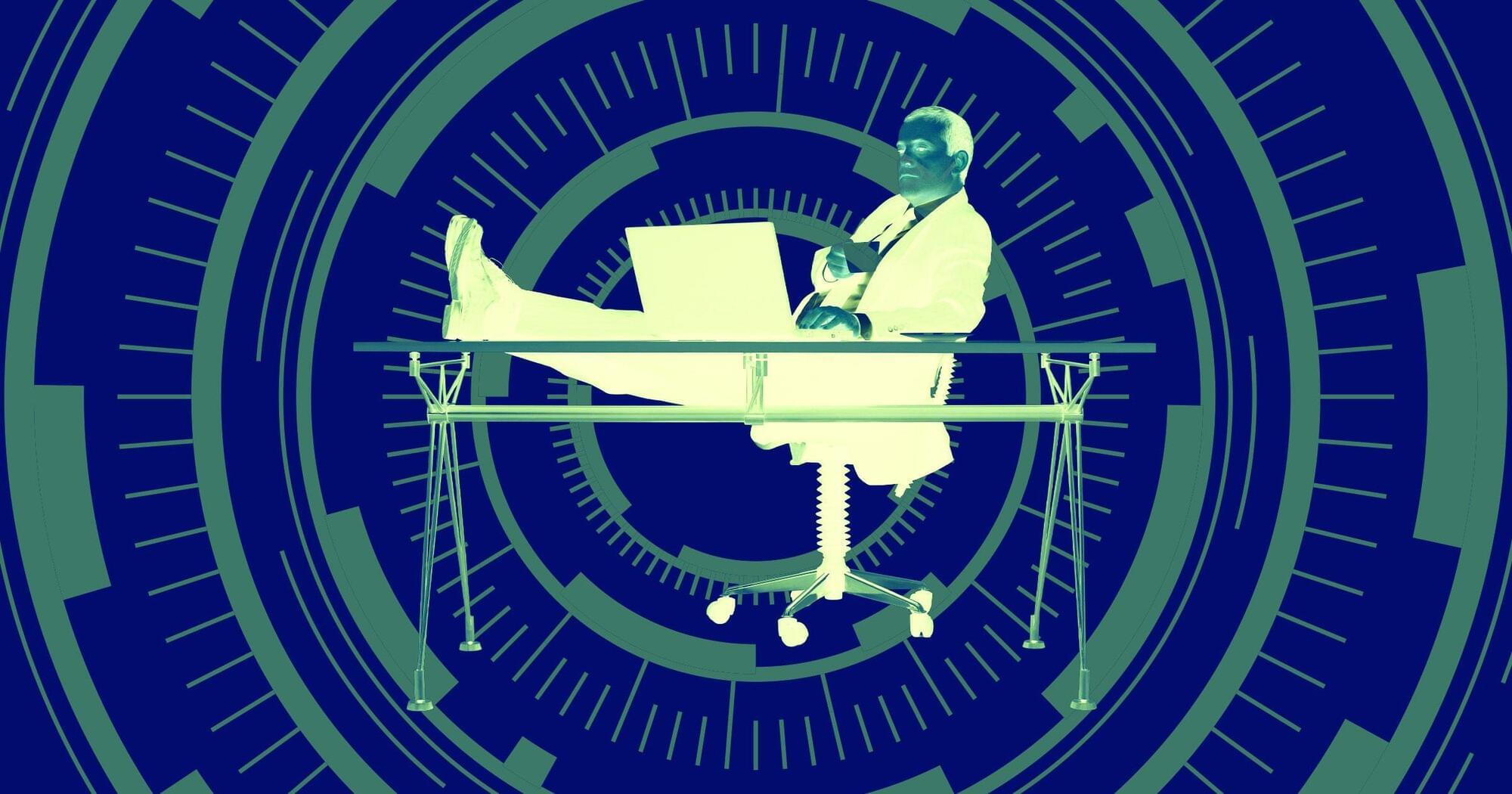Questions to inspire discussion.
Industry Disruption.
🏢 Q: How might traditional companies be affected by AI simulations? A: Traditional firms like Microsoft could see their valuation drop by 50% if undercut by AI clones, while the tech industry may experience millions of jobs vanishing, potentially leading to recessions or increased inequality.
🤖 Q: What is the potential scale of AI company simulations? A: AI-simulated companies like “Macrohard” could become real entities, operating at a fraction of the cost of traditional companies and disrupting markets 10 times faster and bigger than the internet’s impact on retail.
Regulatory Landscape.
📊 Q: How might governments respond to AI-simulated companies? A: Governments may implement regulations on AI companies to slow innovation, potentially creating monopolies that regulators would later need to break up, further disrupting markets.







